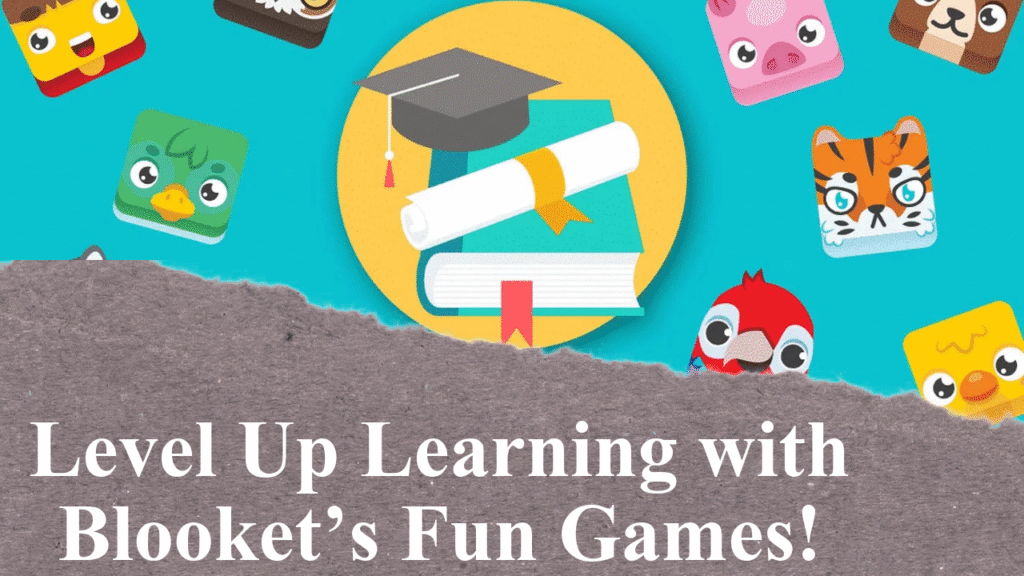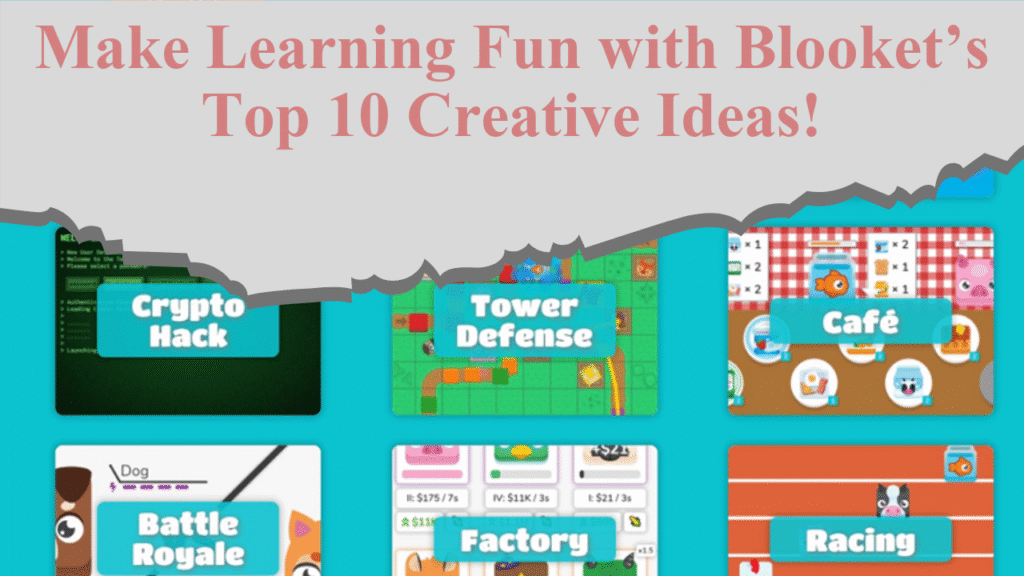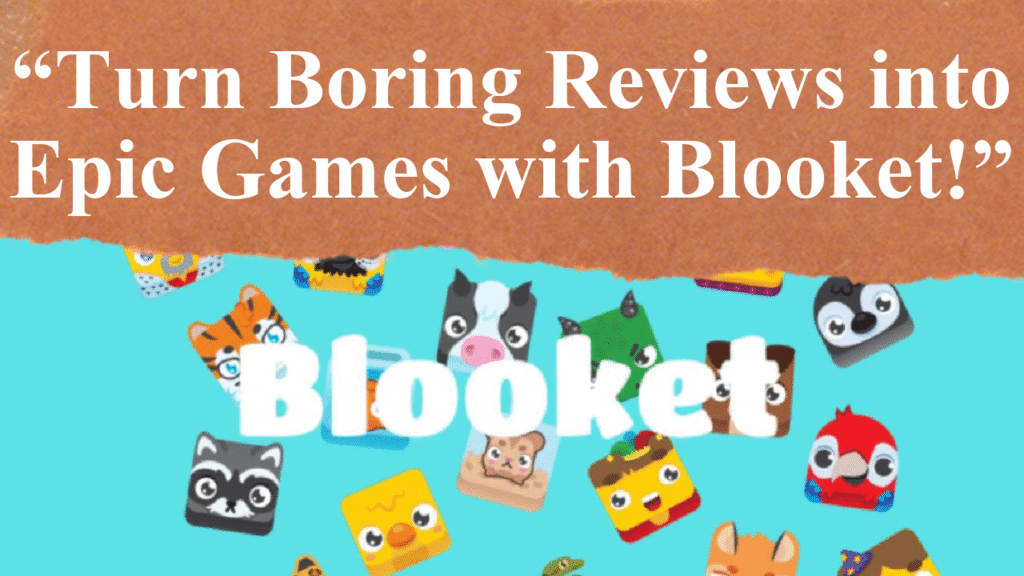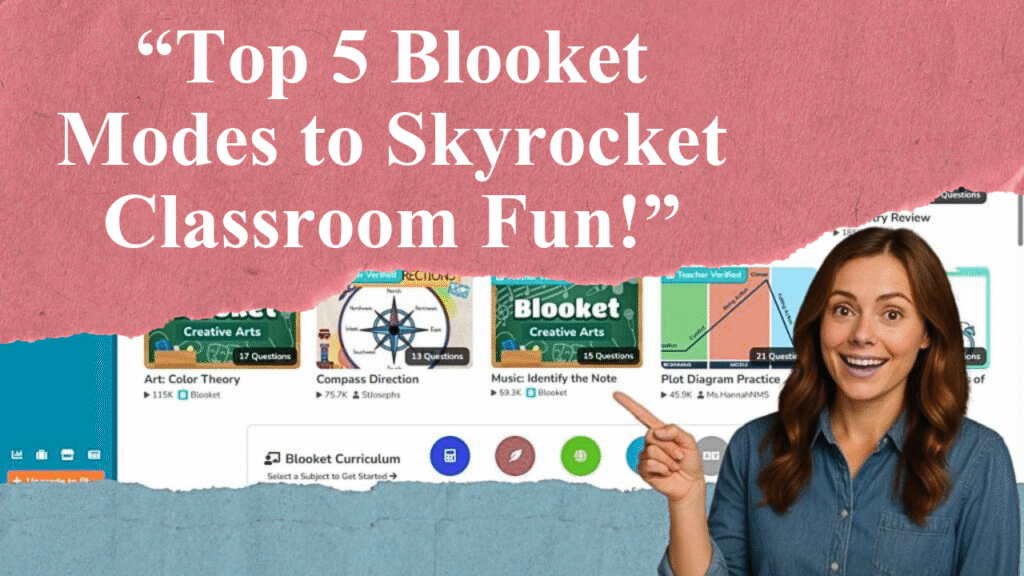Blooket transforms science education by turning complex concepts into engaging, game-based experiences. This article explores how Blooket’s interactive platform enhances student understanding through customizable quizzes, real-time feedback, and diverse game modes. It highlights the platform’s impact on science classrooms, its benefits for various learning styles, and practical applications for topics like biology, chemistry, and physics, supported by recent data and educator insights.
Blooket’s Role in Revolutionizing Science Education
Blooket, a game-based learning platform, has become a powerful tool in science education, making abstract and complex concepts more accessible through interactive quizzes and engaging game modes. Launched in 2018 by Keith Young, a former teacher, Blooket combines education with gamification, allowing teachers to create or use pre-made question sets tailored to science curricula. Its versatility spans subjects like biology, chemistry, physics, and astronomy, engaging students from elementary to high school levels.
Why Blooket Works for Science
Science often involves intricate concepts like chemical reactions, ecosystems, or Newton’s laws, which can overwhelm students. Blooket addresses this by transforming traditional review sessions into dynamic games. For instance, in modes like “Tower Defense” or “Battle Royale,” students answer science-related questions to progress, earning points or rewards that mimic the mechanics of popular mobile games. A 2024 study from Rajabhat Mahasarakham University found that students using Blooket for vocabulary memorization (applicable to scientific terminology) showed a significant improvement in scores, from a mean of 13.42 to 18.15 on a 100-point scale, highlighting its efficacy in enhancing retention.
The platform’s appeal lies in its ability to cater to diverse learning styles. Visual learners benefit from vibrant themes and avatars, while competitive modes engage kinesthetic learners through fast-paced interaction. Teachers can adjust settings to de-emphasize speed, ensuring thoughtful responses over rushed guesses, which is critical for mastering complex science topics. According to a 2023 article on Medium, Blooket’s multiplayer modes foster collaboration, encouraging students to discuss concepts like the water cycle or atomic structure, reinforcing peer learning.
Customizable Content for Science Classrooms
Blooket’s flexibility allows educators to tailor content to specific science topics. Teachers can create question sets on, for example, the periodic table or cellular respiration, or import existing sets from platforms like Quizlet. The “Discover” database offers pre-made science question sets, such as “Science Scavenger Hunt,” covering topics from animal adaptations to planetary motion. A 2024 Medium article lists this set among the top 10 for its engaging approach to science facts, appealing to students across age groups.
For high school students, Blooket supports higher-order thinking. Teachers can design questions requiring analysis, like predicting chemical reaction outcomes or interpreting data from experiments. A 2024 guide from Student Centered World notes that Blooket’s varied question formats make it ideal for SAT/ACT prep in science, ensuring relevance for advanced learners. Real-time feedback from game reports helps teachers identify misconceptions, such as confusion about mitosis stages, and adjust lessons accordingly.
Practical Applications Across Science Disciplines
Blooket’s game modes are particularly effective for science. In biology, “Cafe Mode” allows students to work at their own pace on topics like genetics, answering questions to “serve” virtual customers. For chemistry, “Gold Quest” motivates students to master periodic trends by earning virtual gold for correct answers. Physics classes can use “Racing” mode to reinforce concepts like velocity or energy conservation through competitive play. An Outschool course description from 2025 highlights Blooket’s use in an ongoing science class covering animals to astronomy, with weekly trivia sessions fostering discussion and curiosity.
Educators report high engagement. A 2024 Teacherbot guide emphasizes that Blooket’s analytics allow teachers to track performance on specific questions, such as those on ecosystems, enabling targeted reteaching. However, a Reddit post from 2024 cautions that some game modes may isolate introverted students if not balanced with collaborative settings, suggesting teachers choose modes like “Classic” to encourage discussion.
Data-Driven Insights for Educators
Blooket’s analytics provide detailed reports on student performance, showing correct and incorrect answers, completion times, and class trends. A 2023 Ask.com article notes that these insights allow teachers to customize instruction, such as reteaching photosynthesis if data shows widespread errors. This is particularly valuable in science, where misconceptions can persist without intervention. For example, if students struggle with balancing chemical equations, teachers can create follow-up games to reinforce the concept.
Challenges and Considerations
Despite its strengths, Blooket has limitations. Its questions are primarily multiple-choice, which may not suit open-ended science inquiries, like designing experiments. Common Sense Education’s 2020 review points out that the platform’s focus on competition can sometimes overshadow learning, suggesting teachers balance game time with discussion. Privacy concerns also arise, as students under 13 should not create accounts per Blooket’s terms, requiring teacher oversight to ensure compliance.
Blooket’s Growing Popularity
Blooket’s adoption has surged, with millions of educators globally using it by 2024, per the platform’s official site. Its free tier offers unlimited question sets and game hosting, while paid plans like Blooket Plus ($2.99/month) provide enhanced reports and priority support. A 2025 journal article on the platform’s use in Arabic language classes suggests its gamification model could be adapted for science vocabulary, indicating broader potential.
Disclaimer: This article is based on recent reports, educator insights, and studies available on the web. It is not a substitute for professional educational advice. Always verify platform privacy policies and align tools with curriculum goals. Sources include Blooket’s official site, academic journals, and educator reviews.




